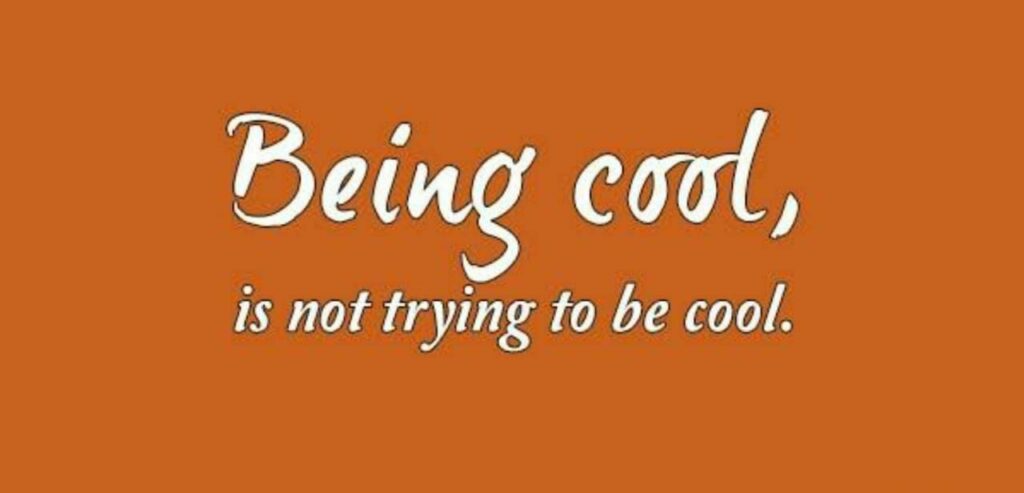05/08/21
There is an interesting story in the Greek Mythology about their hero, Odysseus (also known as Ulysses in Roman Mythology). Odysseus had played an important role in the ‘Battle of Troy’. In fact, he was the one who conceived the idea of the ‘Trojan Horse’, which ultimately led to the fall of Troy. After winning the battle, along with his crew, he was on his way back to his home – Ithaca. He was warned that the journey back home would be fraught with dangers, especially because he would pass by the Island of the Sirens. The Sirens were dangerous creatures, who posed like beautiful women, and lured the sailors nearby with their enchanting music and their singing.
The sailors, mesmerized by their voices, would sail towards their island and find themselves shipwrecked and killed by the creatures.
Being the smart man, he was, Odysseus had prepared well for this problem. He filled the ears of his crew with bee wax so that they won’t be able to hear the Sirens. For himself, he actually wanted to listen to the sirens and probably thought he could resist the temptation. But to be safe, he asked his men to tie him up to the mast of the ship and instructed them, not to release him till they have crossed the island.
When they passed by the island, Odysseus heard the melodious voice of the sirens. He became so enchanted by their voice that he struggles hard to break his bonds to rush to them. The ropes cut deep into his flesh as he agitates. He begs his men to release him, but the men row quickly past the island and reach safe waters. They then untie their grateful master, who came back to his senses.
Reading this story, one can make many observations about selfcontrol. Very importantly, this story goes deeper in highlighting a psychological bias (behind self-control problems) called the Hot-Cold Empathy gap.
THE EMPATHY GAP
George Loewenstein, Professor of Economics and Psychology in Decision Sciences at Carnegie Mellon University says that our decisions are based on the state of our mind. There are two states, our mind can be in:
The Cold state: This is the rational state of our mind/thinking wherein we are calm and comfortable.
The Hot state: This is the state of mind when we are overrun with emotions. And we act with impulse.
When we are in the cold state, it is difficult for us to imagine how we will feel and behave when we are in the hot state and vice versa. We are unable to empathize with our opposite state of mind.
This is called the Hot-Cold Empathy Gap.
Fortunately, Odysseus, the hero of our story has already shown the way to manage dangers of hot state actions. The first idea is simple but difficult to implement. Like the crew filled their ears with beeswax, cut yourself out from the noise. Unfortunately, this is not always easy as one needs to get some timely informational flow to make decisions.
What one can implement is what Odysseus did to himself:
Commitment strategy! He got himself tied to the mast of the ship, to prevent him from changing his strategy when he gave in to emotions.
In the same way, tie yourself up or put the wax in your ears, but cut out the music that enchants and lures you and stay blessed forever.

